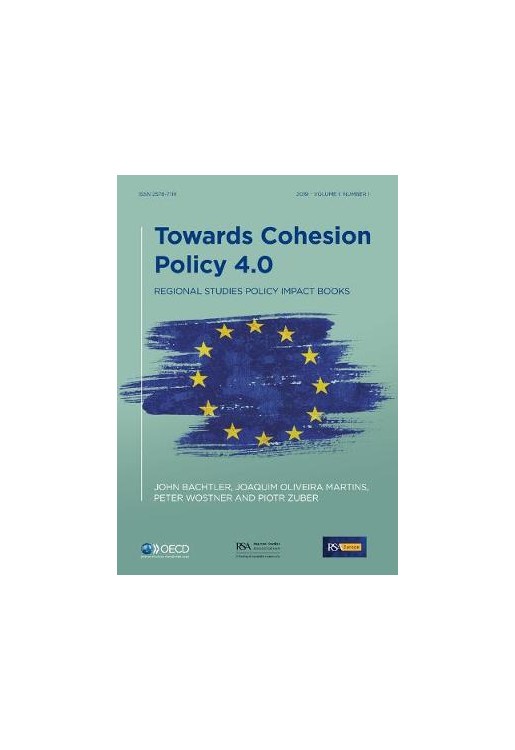This book makes the case for a new approach to structural transformation, growth and cohesion in the EU. It explores both the opportunities and challenges from globalisation and technological change, and the need for a new policy framework capable of delivering inclusive growth.
CONTENTS Preface v Authors vii Executive Summary 1 1. Introduction 3 1.1 Political polarisation and inequality 4
1.2 New opportunities and challenges 6 1.3 Future EU policies for structural transformation and cohesion 7 2. The Challenge of Economic Change for Europe 9 2.1 Global transformations - the fourth production revolution 10 2.2 An opportunity for renewal 12 2.3 Structural transformation and the importance of ecosystems 14 3. Structural Transformation and Productivity Challenges for the EU 17 3.1 Why productivity is not resuming and how this affects inequality 18 3.2 How regional disparities may affect EU productivity 21 3.3 Differentiated regional productivity catching-up within EU countries 24 4. Territorial Policy Responses 29 4.1 Strategies for global frontier regions 30
4.2 Strategies for intermediate regions 31 4.3 Strategies for lagging regions 32 4.4 The case for an integrated system approach for regions and cities 34 5. Developing a European Policy Response 35 5.1 Lessons from Lisbon and Europe 2020: Principles for a new EU strategy 36 5.2 Focus and coherence: Improving the effectiveness of direct
EU spending 38 6. Ensuring Territorial and Socially Inclusive Growth: A More Effective Cohesion Policy 43
6.1 Strengthening the effectiveness of Cohesion Policy 44 6.2 The efficiency of Cohesion Policy implementation 47
6.3 Economic governance, EU sustainable growth and structural transformation strategy 49 7. Conclusions and Recommendations 53 7.1 A new agenda for structural transformation and cohesion 54 7.2 Recommendations 55 8. Bibliography 59 Annex 1: Regional Productivity Catching-Up in Selected EU Member States, 2000-2013 71




